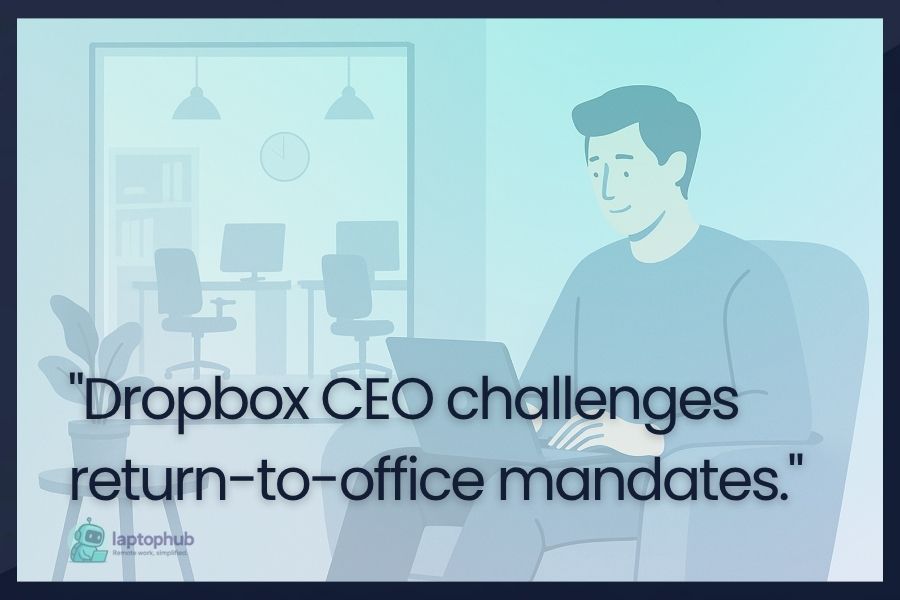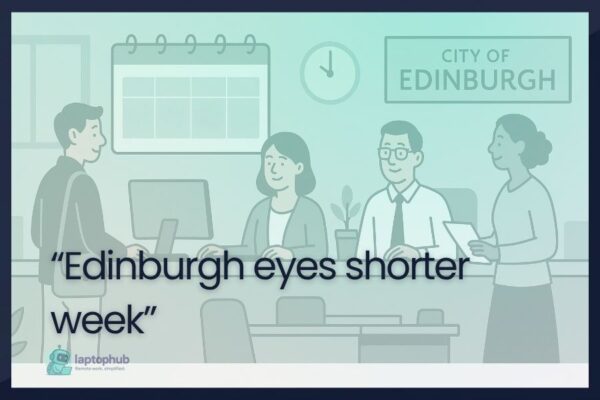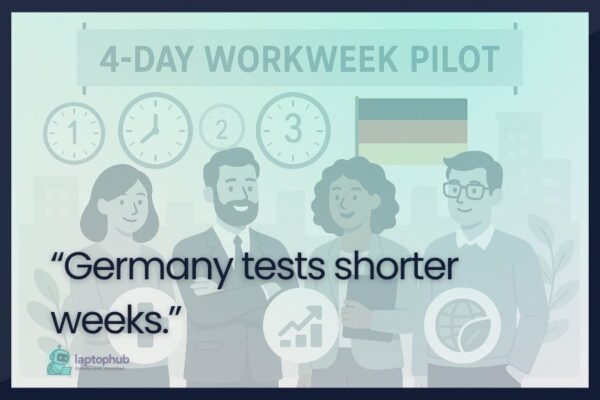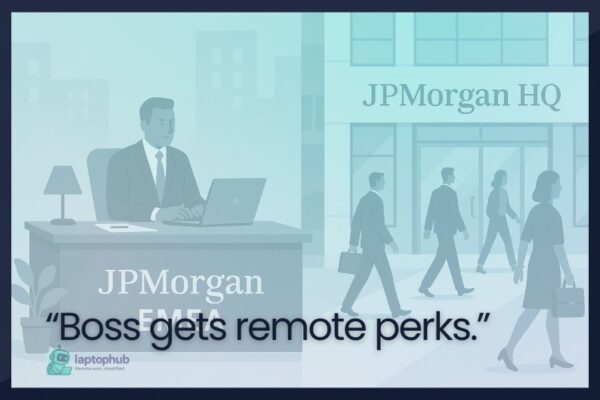In a recent episode of Fortune’s “Leadership Next” podcast, Dropbox CEO Drew Houston expressed strong opposition to mandatory return-to-office (RTO) policies. He compared such mandates to outdated habits like frequenting malls or movie theaters, suggesting that compelling employees to return to offices for work that can be effectively done remotely is unproductive and unnecessary.
Dropbox CEO opposes enforced office returns
Houston emphasized that replicating in-office dynamics through virtual means, such as Zoom meetings, is inefficient when remote work is a viable alternative. He highlighted the importance of trusting employees to manage their work autonomously, stating that treating employees like responsible adults yields better results than surveillance-driven oversight.
Dropbox has maintained its “virtual first” approach since 2020, allowing employees to work remotely 90% of the year, with limited in-person offsite gatherings constituting the remaining 10%. This model underscores the company’s commitment to flexibility and employee autonomy in the evolving work landscape.
Broader implications for remote work policies
Houston’s stance reflects a broader debate in the tech industry regarding the future of work. While some companies are pushing for a return to traditional office settings, others are embracing remote or hybrid models to accommodate employee preferences and leverage technological advancements.
The discussion around RTO policies continues to evolve as organizations assess the impact of remote work on productivity, employee satisfaction, and company culture. Houston’s comments contribute to the ongoing conversation about how best to structure work in a post-pandemic world.
Read our editorial guidelines to learn how we report news on LaptopHub.





